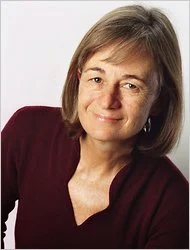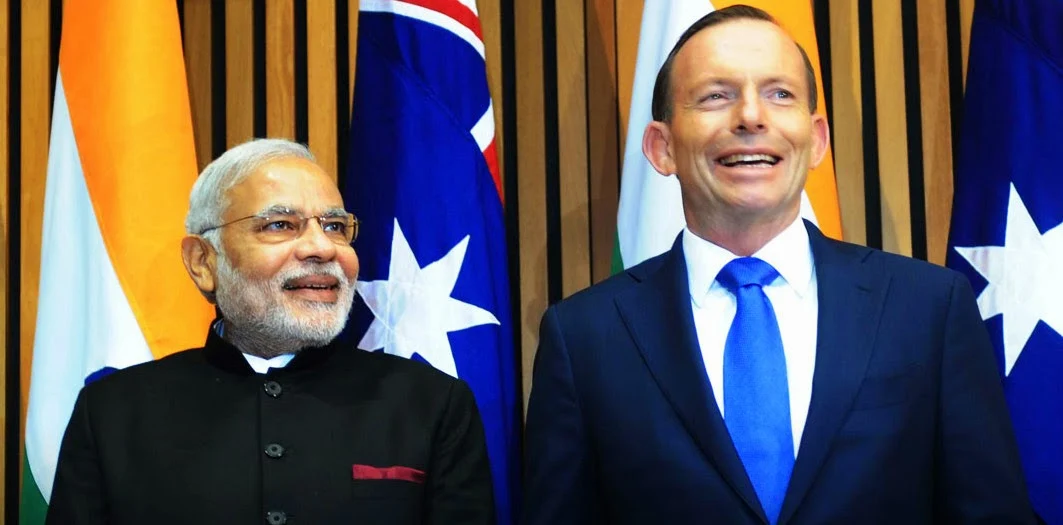 |
| Hugh White |
Said : Hugh White, Professor of
Strategic Studies in the School of International, Political & Strategic
Studies at the Australian National University (Lowy Institute), as quoted in Jane Perleznov's news analysis published in The New York Times of November 22,
2014.
While Prof. Hugh White specializes in Australian strategic
and defence policy; Asia Pacific security; global security, Jane Perlez is the
chief diplomatic correspondent in the Beijing bureau of The New York Times. She
covers China and its foreign policy, particularly relations between the United
States and China, and their impact on the Asian region.
 |
| Jane Perleznov |
Jane describes the recent visits of Xi Jinping to Australia,
New Zealand and Fiji as "Asia’s ‘Big Guy’ Spreads Cash and Seeks Influence
in Pacific Region," the title of her news analysis. According to her :
"Everywhere Mr. Xi went, he left a trail of money, a bounty aimed at
showcasing China as the dominant economic power in Asia." According to Jane when Mr. Xi said :“We have every reason to
go beyond a commercial partnership to become strategic partners who have a
shared vision and pursue common goals,” he was trying to entice Australia, one
of America’s closest intelligence-sharing allies, away from its more than
half-century alliance with Washington. Already, Mr. Xi and the Australian prime
minister, Tony Abbott, have declared the completion of a China-Australia free
trade pact, 10 years in the making, that will open China’s markets to
Australian beef, dairy products and other products. It seems that President
Obama's warning to America’s ally not to get too close to China has been
ignored by Australians.
China has committed to spend $20 billion for loans and
infrastructure for the 10 countries in the Association for Southeast Asian
Nations besides $40 billion for a Silk Road infrastructure fund in Central and
East Asia. In the tiny Pacific island of Fiji, Mr. Xi committed financial
support for strengthening economic and strategic ties including defence
cooperation with Pacific island nations. Mr. Xi also offered visa exemptions
for Fijians travelling to China. A Chinese cultural centre will also be
established in Fiji. In exchange Prime Minister Mr. Bainimarama said:
"China had been "a true friend of Fiji" and had never interfered
in Fiji's internal politics. Fiji wanted China to be fully engaged in the
Pacific." China is already under American attack for its assertive
behavior in strategic South China Sea waters.
In 2011 Hillary Clinton, then America’s secretary of state, explained President Barack Obama’s “pivot” to Asia in an article in Foreign Policy: “We all know that fears and misconceptions linger on both sides of the Pacific. Some in our country see China’s progress as a threat to the United States; some in China worry that America seeks to constrain China’s growth. We reject both those views.” China’s president, Xi Jinping, at a meeting with Mr Obama in California last year, responded in kind: “The vast Pacific Ocean has enough space for the two large countries of China and the United States.” (Source)
Hugh White, in a different post, has provided the answer to
the question: "Why China and America are Headed Toward a Catastrophic
Clash?"
"China is trying to build what President Xi Jinping
calls "a new model of great power relations under which he wants China to
wield much more power and influence in Asia than it has for the past few
centuries. These things are inherently zero-sum, so for China to have more
power and influence, America must have less. This is what Xi and his colleagues
are trying to achieve."
Indeed, the G-20 summit in Australia provided world leaders
an opportunity to show-case their policies and power to contribute to the world
prosperity i.e. their capability to politically influence the socio-economic
world order. With the near isolation of Russia's Putin and apparently weakening
Obama, China has emerged as the only world power with huge amount of Vitamin-W
(Wealth) needed by a good number of US allies for venturing into their own gigantic
to-do-list. While the West is trying to maintain its fading power under the
leadership of the United States, many alliance partners are finding it
difficult to resist the mouth-watering temptation of China's economic capacity
and desire to have partnerships with them that go beyond just the economic
ones.










